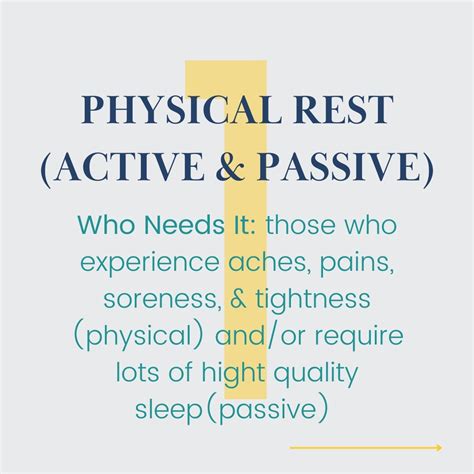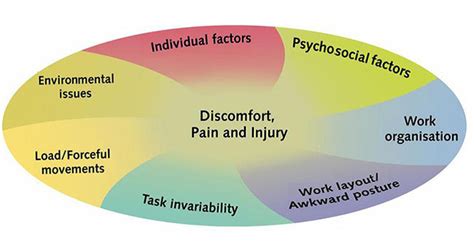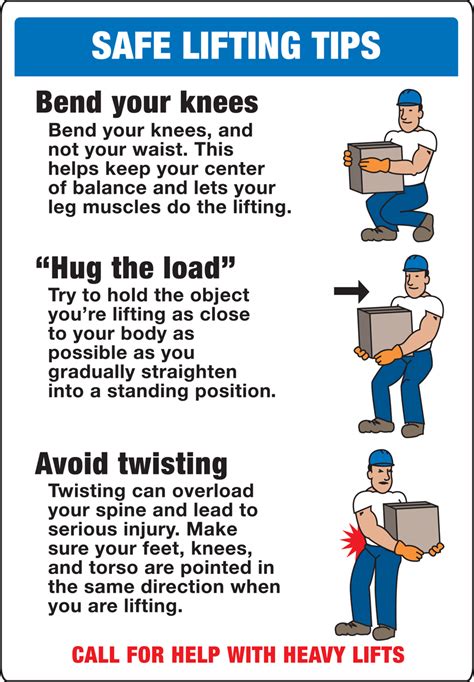Intro
Recover smoothly with 5 tips after hernia operation, including post-op care, pain management, and physical therapy, to ensure a speedy and safe hernia repair recovery, minimizing complications and promoting overall well-being.
Recovering from a hernia operation can be a challenging and delicate process. It's essential to follow a set of guidelines to ensure a smooth and successful recovery. The first few weeks after the surgery are crucial, and making the right choices can significantly impact the healing process. In this article, we will explore the importance of post-operative care and provide valuable tips to help you navigate this critical period.
The road to recovery begins immediately after the surgery, and it's crucial to be mindful of your actions and surroundings. Your body needs time to heal, and it's essential to avoid any activities that may put a strain on the affected area. By following a set of simple yet effective tips, you can minimize the risk of complications and ensure a speedy recovery. Whether you're looking to get back to your daily routine or simply want to alleviate any discomfort, these tips will provide you with the necessary guidance and support.
As you begin your journey to recovery, it's essential to remember that everyone's experience is unique, and it's crucial to listen to your body and respond to its needs. Your healthcare provider will provide you with personalized advice and guidance, but it's also important to be aware of the general tips and recommendations that can aid in your recovery. From managing pain and discomfort to maintaining a healthy lifestyle, we will cover a range of topics that will help you navigate the post-operative period with confidence and ease.
Understanding the Importance of Rest

Benefits of Rest
Some of the benefits of rest include: * Reduced risk of complications * Minimized discomfort and pain * Faster recovery time * Improved overall health and well-being By incorporating rest into your daily routine, you can help your body recover from the surgery and reduce the risk of post-operative complications.Managing Pain and Discomfort

Pain Management Techniques
Some of the pain management techniques include: * Applying ice packs to the affected area * Using relaxation techniques such as deep breathing and meditation * Taking regular breaks to rest and relax * Avoiding strenuous activities that may exacerbate the pain By incorporating these techniques into your daily routine, you can help manage pain and discomfort and promote a smooth recovery.Maintaining a Healthy Lifestyle

Healthy Lifestyle Tips
Some of the healthy lifestyle tips include: * Eating a balanced diet rich in fruits, vegetables, and whole grains * Staying hydrated by drinking plenty of water * Avoiding smoking and alcohol * Engaging in regular exercise, such as walking and stretching By incorporating these tips into your daily routine, you can help maintain a healthy lifestyle and promote a smooth recovery.Avoiding Heavy Lifting and Bending

Alternatives to Heavy Lifting and Bending
Some of the alternatives to heavy lifting and bending include: * Asking for help with household chores and errands * Using assistive devices, such as canes and walkers * Taking regular breaks to rest and relax * Avoiding strenuous activities that may exacerbate the condition By incorporating these alternatives into your daily routine, you can help avoid heavy lifting and bending and promote a smooth recovery.Following Up with Your Healthcare Provider

Importance of Follow-Up Appointments
Some of the importance of follow-up appointments include: * Monitoring progress and identifying potential complications * Providing guidance and support during the recovery period * Adjusting treatment plans as needed * Promoting a smooth and successful recovery By attending follow-up appointments and following your healthcare provider's advice, you can help ensure a speedy recovery and reduce the risk of post-operative complications.As you continue on your journey to recovery, remember that it's essential to be patient and gentle with yourself. The road to recovery can be challenging, but with the right guidance and support, you can navigate this critical period with confidence and ease. By following these tips and prioritizing your health and well-being, you can help ensure a smooth and successful recovery.
What are the most common complications after hernia surgery?
+The most common complications after hernia surgery include infection, bleeding, and recurrence of the hernia. However, these complications are rare and can be minimized by following your healthcare provider's advice and attending follow-up appointments.
How long does it take to recover from hernia surgery?
+The recovery time for hernia surgery varies depending on the individual and the type of surgery performed. However, most people can return to their normal activities within 4-6 weeks after the surgery.
What are the best ways to manage pain after hernia surgery?
+The best ways to manage pain after hernia surgery include taking medication as prescribed by your healthcare provider, applying ice packs to the affected area, and using relaxation techniques such as deep breathing and meditation.
We hope this article has provided you with valuable insights and tips to help you navigate the post-operative period with confidence and ease. Remember to prioritize your health and well-being, and don't hesitate to reach out to your healthcare provider if you have any questions or concerns. By working together, you can ensure a smooth and successful recovery. Share your thoughts and experiences in the comments below, and don't forget to share this article with anyone who may be going through a similar experience.
